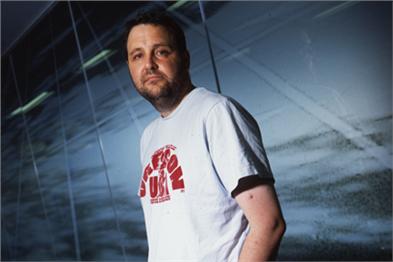Every year, he has to work out how to explain to a new set of 19-year-olds how the media works. This means he has to examine his assumptions, question what has always been seen to be true (and make sure it still is) and explain the world anew every September. This makes for interesting blogging.
His latest post is worth a read because it spells out what should concern us all right now: there are no obvious ways to pay for all the newsgathering and journalism that society probably needs. Not the pictures of celebs on the red carpet or the movie reviews or the road tests - they'll probably get paid for somehow - but the necessary, investigative, speaking-truth-to-power stuff.
News clearly isn't going to attract enough advertising to continue unchanged. The rapid disposal of News of the World and the speculation around The Times and The Sunday Times shows how much that kind of business is a minor irritant to a global media concern.
And licence fees and trusts probably won't cover it all either. I'm sure many of us would agree that The Guardian's work on phone-hacking was essential work, but we would also struggle to point at a clear economic future for that kind of reporting.
As Shirky points out, these are chaotic, messy times in the news-media business (and he wrote this before Rupertgate). But he encourages us to embrace that chaos - to revel in it and cultivate it, because we're clearly not thinking and strategising our way out of this paying-for-news problem.
It's not going to be solved from the top down by great media minds thinking very hard. If it is going to be solved, it'll be solved by the market, society and government and every conceivable organisational model and business idea being thrown at the wall in the hope that something sticks. It's going to take many different approaches in lots of little niches, not a huge, one-solution-fits-all strategy. We're going to have to try everything.
All this leaves me wondering about our own little world. It doesn't feel very chaotic, does it? Slightly desperate, sometimes, with little moments of optimistic activity, but hardly chaotic. Big companies swapping positions and spawning familiar-looking offshoots. Maybe we've had our chaotic phase and we're going through some sensible consolidation. Possibly. I'm sure it won't last, though. I bet there's another wave of technologically determined chaos round the corner. Which will be properly exciting - or, at least, something to explain to the 19-year-olds.


